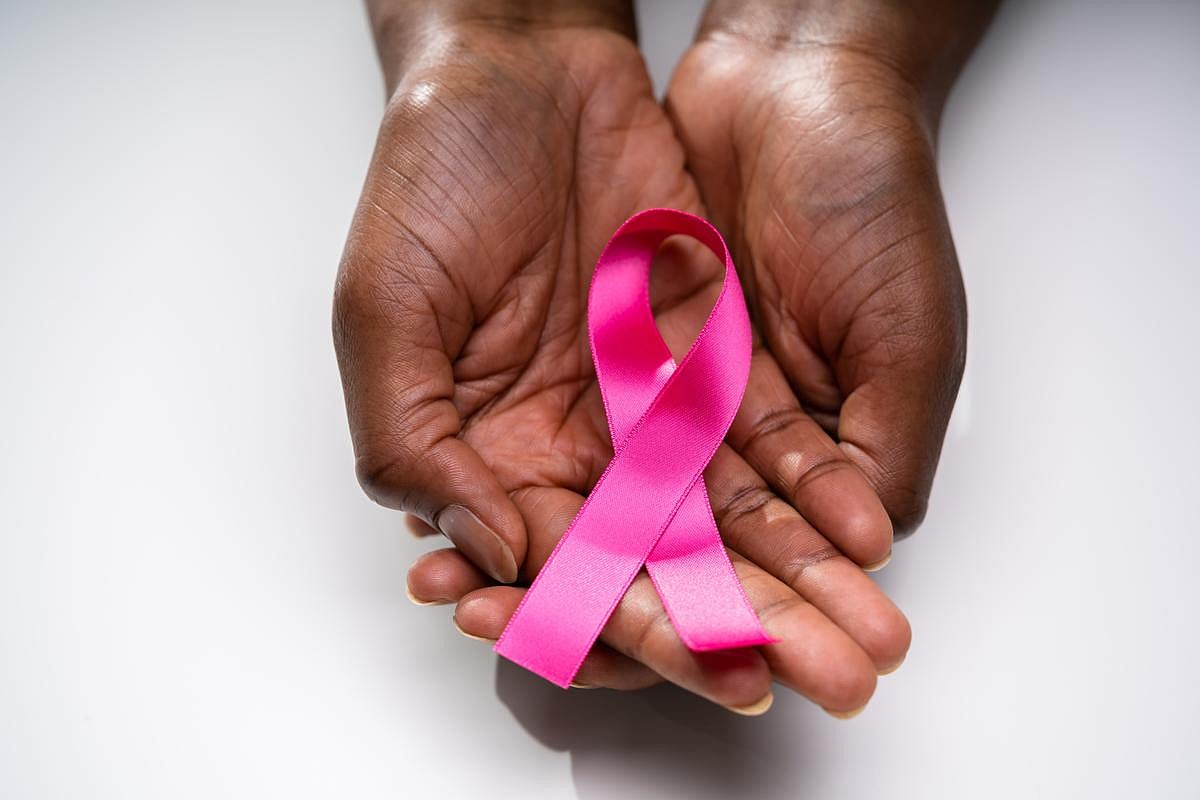Manténgase sano!

- Posted September 30, 2024
Shorter Course of Breast Cancer Radiation Won't Affect Breast Reconstruction
A shorter course of post-mastectomy radiation doesn't jeopardize a patient's chances of successful breast reconstruction, a new study finds.
About 40 percent of people with breast cancer have mastectomies, followed by five to six weeks of radiation therapy to kill any cancer cells that may remain in the chest wall or lymph nodes. Most opt for breast reconstruction.
"Over the past 10 years, we've tried to move all patients who need breast radiation to a shorter, more convenient schedule," said lead researcher Dr. Matthew Poppe, a professor of radiation oncology at the University of Utah. "But patients after mastectomy who were planning breast reconstruction were the one group where we didn't have sufficient data to support shorter courses."
The large Phase 3 trial shows that treatment time can be reduced to three weeks without compromising patients' reconstruction surgery, he said.
The findings were to be presented Sunday at the American Society for Radiation Oncology annual meeting in Washington, D.C.
Researchers described the study as the first international effort to show that a shorter course of post-mastectomy radiation is safe and effective.
They said cutting treatment time nearly in half -- from 25 to 16 sessions -- could make post-mastectomy radiation a more accessible option for patients.
Other research has shown that a shorter course of treatment is not only as effective in preventing cancer's return, it also improves a patient's quality of life. But those studies typically excluded patients seeking breast reconstruction, due to concerns that higher daily doses of radiation might affect the reconstructive process and increase side effects.
The new study investigated whether that would be the case. It included 898 patients at 209 cancer centers in the United States and Canada. Some had smaller tumors, some larger with spread to nearby lymph nodes. Their median age: 46, meaning half were younger, half older.
Half had five weeks of conventional radiation, half had a higher dose over three weeks. In all, 51% received chemotherapy before their mastectomies and 37%, afterward.
The 650 patients who had breast reconstruction during the study period were followed for a median of five years. Researchers documented complications such as problems with wound healing, reconstruction failure or formation of scar tissue affecting the new breast.
Two years after their breast reconstruction, 14% of patients who had the shorter, more intense course of radiation had complications, compared to 12% who had standard treatment. Side effects were mild for both groups.
"We expected a complication rate of 25 to 35% based on prior, single institution studies of patients who received reconstruction surgery and radiation," said senior study author Dr. Atif Khan, a radiation oncologist at Memorial Sloan Kettering Cancer Center in New York City.
"It was very exciting to see a complication rate that was nearly half what we anticipated," he added in a meeting news release.
Regardless of treatment schedule, patients whose breasts were reconstructed using their own tissue had fewer complications than those who received implants — 8.7% versus 15.5%.
Three years after treatment, the groups had similar cancer recurrence rates — 1.5% in patients who underwent a shorter course of radiation and 2.3% of those who received traditional treatment.
Without radiation, recurrence rates after a mastectomy range from 20% to 30% for high-risk patients, according to Khan.
The shorter treatment course saves patients time and money, and Poppe said he has already seen the benefit on his patients' lives.
Researchers hope their findings will lead more cancer centers to offer a shorter course of radiation for mastectomy patients.
"There's been a slow start to moving to shorter treatment courses after mastectomy, even with no reconstruction," Poppe said. "But now we have robust data, from hundreds of academy and community centers, and from patients with any type of reconstruction, that clearly show the safety and effectiveness of short course radiation."
Because these findings were presented at a medical meeting, they should be considered preliminary until published in a peer-reviewed journal.
More information
The American Society of Plastic Surgeons has more about breast reconstruction.
SOURCE: American Society for Radiation Oncology, news release, Sept. 30, 2024




